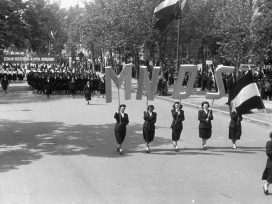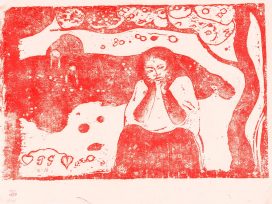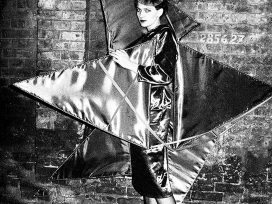
The euphoria of anti-fascists from WWII-occupied countries, meeting at international events, was a short-lived reprieve from oppression. Hungarian socialist groups, bringing women from all social classes together, went from publishing starstruck articles to testifying in Stalinist show trials, their solidarity forced into betrayal.

